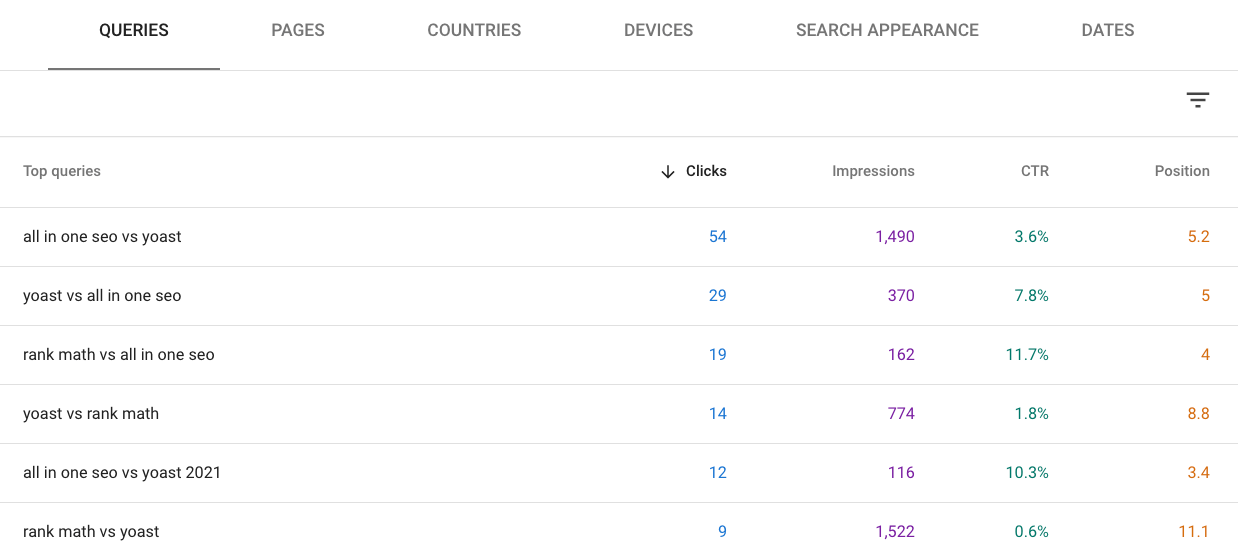You may have heard that blogging is good for SEO. This is true, but whether your site needs a blog or not is a more nuanced question.
Let's start at the beginning.
What is a Blog?
A blog is a regularly updated website or section of a website that is written in a casual or conversational style. Blogs are updated regularly with new material. Each blog post is date stamped. A site can be 100% blog posts or can be a blend of page content along with a blog.
Why is Blogging Good for SEO?
The search engines love content. Because content is the basis of a blog, blogging is considered good for SEO.
More specifically, blogging is good for SEO because it:
- Enables you to frequently update your content. This keeps your website current. The search engines value a site that is ever-evolving and thus the steady content expansion that comes with blogging is naturally good for SEO.
- Encourages the sharing of expertise. Content shares your expertise and it’s this expertise that Google values.
Blogging is an Investment
Blogging is good for SEO and thus you'd assume that a blog would be a must for all site owners who care about traffic from Google.
But before starting to blog, consider the investment. Blogging is also a commitment. You have to create a content strategy, write regularly, edit content, publish the content, and promote it across social media, and more.
Before starting a blog, we need to weigh the costs and benefits.
Benefits of Blogging
Blogging enables you to grow the traffic to your website. In many ways, it creates long-term capital. Take for example the blog post on our website about which WordPress SEO plugin is best.
It drives approximately 300 new visitors to our website each month. Over the course of a year, that adds up.

These visitors come to the post via keywords — the words and phrases our prospects are searching for on Google. Via our blog, we have the opportunity to share expertise and grow brand awareness. With each visitor, we can promote calls to action that encourage lead generation and new sales.
The key to the success of a blog is the audience. The content needs to match our prospects.
As a guided SEO platform, one of our audiences is site owners who are trying to grow the traffic to their own websites. They are investing in do-it-yourself SEO and as a result, often turn to Google to search for how to do something. For example, “how to create an XML sitemap on WordPress”. We can meet this audience by creating how-to related content for SEO. Then, we can provide readers with the option to get even more training and education by becoming a customer and following our full SEO process.
In this close-to-home example, you can see that blogging is highly beneficial to a business like Pathfinder SEO.
This isn't always the case. Think about a dentist. If you were to move to a new city and you were looking for a new dentist, you'd likely search for “dentist near me” or “dentist in Seattle”. You'd look at the Google Maps listings, paying particular attention to the number and quality of reviews. You'd also look to proximity to your location. Then, you'd visit the website. You'd look through services and see if the particular service you need is available. For example, maybe a dentist who can provide care for your whole family. You'd look to the specific services pages and ideally, get reassured by reading testimonials. Maybe, you'd ask a few friends for recommendations. Then, you'd call to make your appointment.
Nowhere in that journey did you check out your new dentist's blog. Sure, a dentist has a lot of expertise to share. But, if the goal of the dentist's website is to get new patients, then a blog isn’t a necessary step in the process.
When deciding if you should add a blog to your website, think about your audience first and foremost. Will blogging enable you to reach your audience?
Costs of Blogging
The primary cost of a blog is the time it takes to execute. Depending on your blogging schedule, you and your team will need to regularly write, edit, publish and promote.
You can calculate this cost by looking at the number of hours you will need to invest each month to maintain the blog.
Factor the costs alongside the benefits before committing to blogging.
Does my Website Need a Blog?
In addition to weighting the costs and benefits, you can also use this framework to help you answer the question:
Yes, you should blog:
- National to international audience … my customers are everywhere.
- Your audience seeks your expertise via searches on Google.
- Examples include a WordPress hosting company, an attorney, a real estate firm, and a wedding planner.
No, you don't need a blog:
- You serve local customers.
- Your customers generally don't seek your expertise via searches on Google.
- Examples include a restaurant, dentist, and auto shop.
Next Step
As SEOs, you can imagine that we do love blogging! We just suggest entering into it understanding what blogging can do for your business along with the investment it takes to be successful.
The next step is to determine how often you should blog. Learn more here.
STILL HAVE A QUESTION?
If you have more questions about this, feel free to reach out.